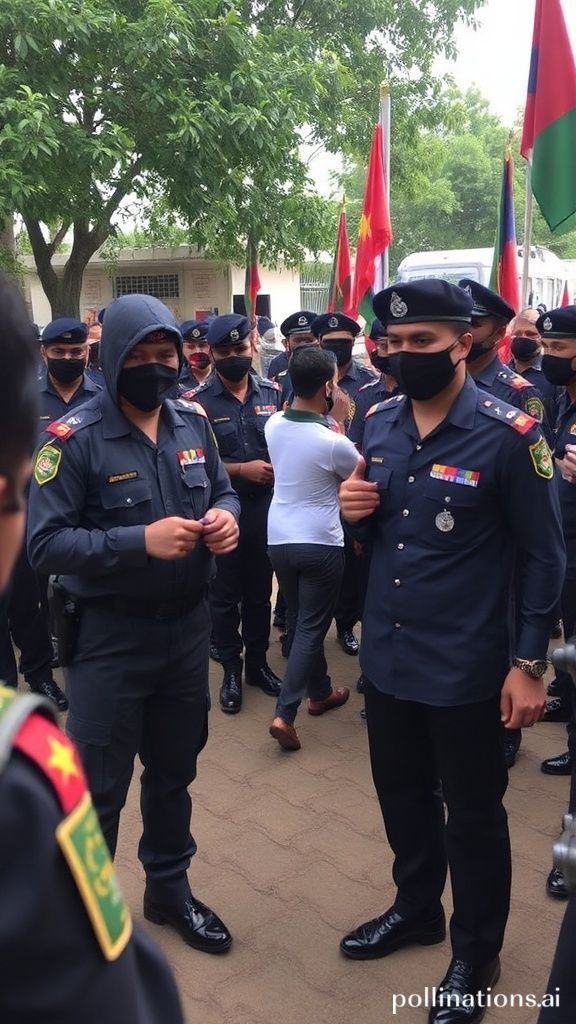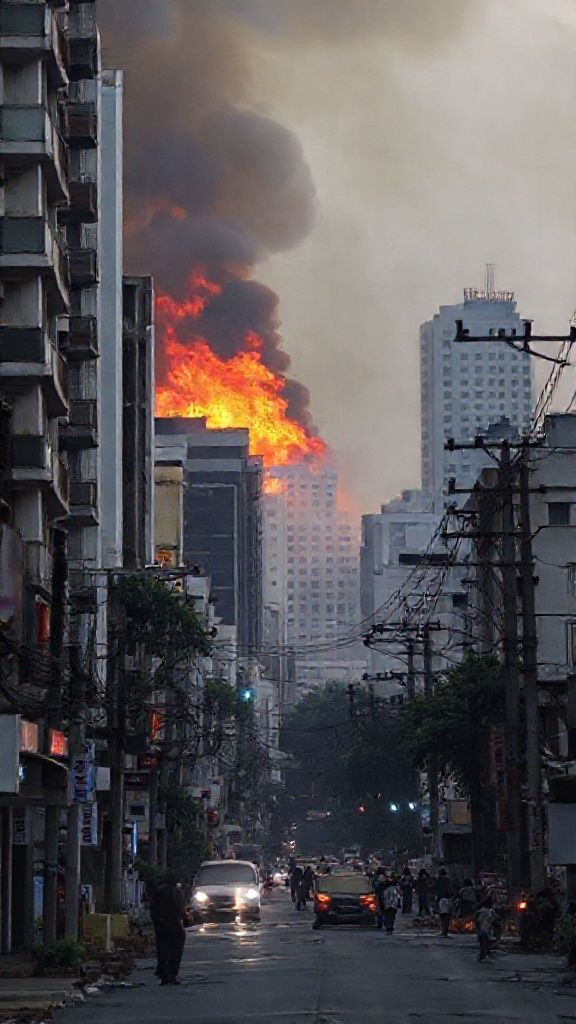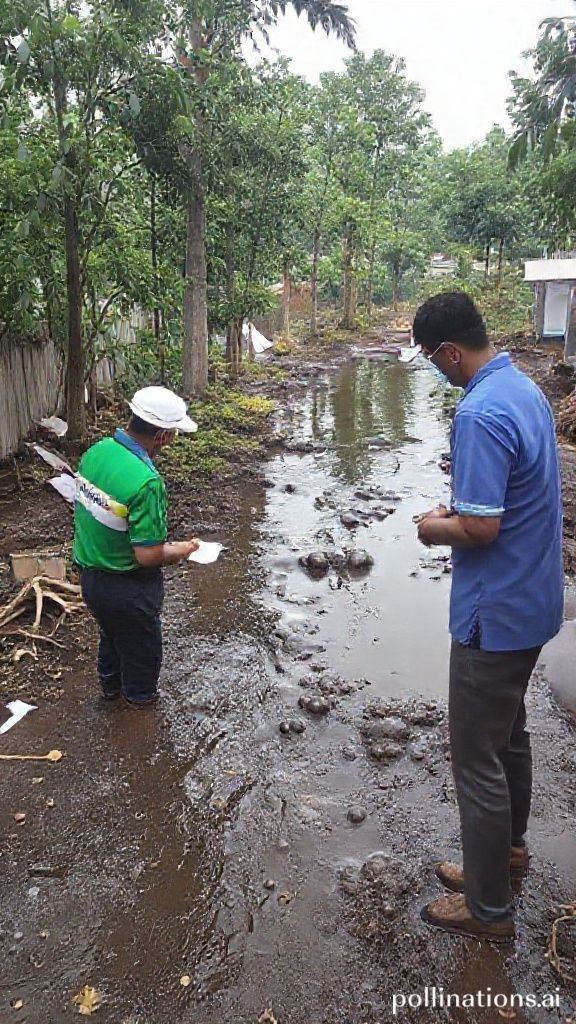
"The Ultimate Guide to Peace in Myanmar: Confronting the Bleak Prospects
"The Ultimate Guide to Peace in Myanmar: Confronting the Bleak Prospects
The Ultimate Guide to Peace in Myanmar: Confronting the Bleak Prospects
In February 2021, Myanmar's military seized power from an elected civilian government, plunging the country into a state of civil war. Four years on, the prospects for peace remain dire, with no signs of negotiation or compromise between the military government and major opposition groups. In this comprehensive guide, we will delve into the current situation in Myanmar, exploring the multiple crises that have unfolded, the devastating human rights violations that have occurred, and the challenges facing those working towards a peaceful resolution.
The Current Crisis
Since the army's takeover, Myanmar has been beset by profound crisis, with nearly half its population living in poverty. The economy is in disarray, and political tensions remain high, with no indication of a negotiated settlement between the military government and opposition groups.
Human Rights Violations: A Persistent Problem
The UN Human Rights Office has documented widespread human rights violations perpetrated by the military, including arbitrary arrests, prosecutions, and killings. Last year saw an unprecedented level of violence against civilians, resulting in a significant increase in civilian deaths.
Economic Crisis: Exacerbating Existing Tensions
The economy has suffered greatly under military rule, with poverty levels reaching nearly 50%. The UN Development Program warns that the economic crisis is having a devastating impact on Myanmar's population, exacerbating existing social and political tensions.
International Pressure: A Call to Action
The international community has condemned the military takeover, calling for the release of ousted leader Aung San Suu Kyi and other political prisoners. The United States, United Kingdom, European Union, Australia, Canada, South Korea, New Zealand, Norway, and Switzerland have issued a joint statement expressing concern about the situation in Myanmar.
The Way Forward: Addressing the Root Causes
To achieve peace in Myanmar, it is essential to address the root causes of conflict, including deep-seated economic and social inequalities. Efforts must also be made to promote national reconciliation and dialogue between different groups.
Conclusion: A Path Forward
As we look to the future, it is crucial that we recognize the devastating impact of the military takeover on Myanmar's people. The key to achieving peace lies in addressing the root causes of conflict, promoting national reconciliation, and working towards a more inclusive and democratic society.
Presage: A Conceptual Framework
Throughout this guide, we have explored the concept of presage, examining how it relates to the current situation in Myanmar. Presage refers to the idea that events or actions can be seen as foreshadowing what is to come. In the context of Myanmar, the presage of peace lies in addressing the root causes of conflict and promoting national reconciliation.
Key Takeaways
Peace prospects remain bleak in Myanmar, with no negotiation space between the military government and major opposition groups.
The current situation is marked by widespread human rights violations, economic crisis, and political tensions.
Addressing the root causes of conflict, promoting national reconciliation, and working towards a more inclusive and democratic society are essential for achieving peace in Myanmar.
Conclusion
As we conclude this guide, it is essential that we recognize the devastating impact of the military takeover on Myanmar's people. The key to achieving peace lies in addressing the root causes of conflict, promoting national reconciliation, and working towards a more inclusive and democratic society. We hope that this guide has provided valuable insights into the current situation in Myanmar and the challenges facing those working towards a peaceful resolution.
Key Words
Peace prospects
Military takeover
Civil war
Human rights violations
Economic crisis
Political tensions
National reconciliation
Democratic society






